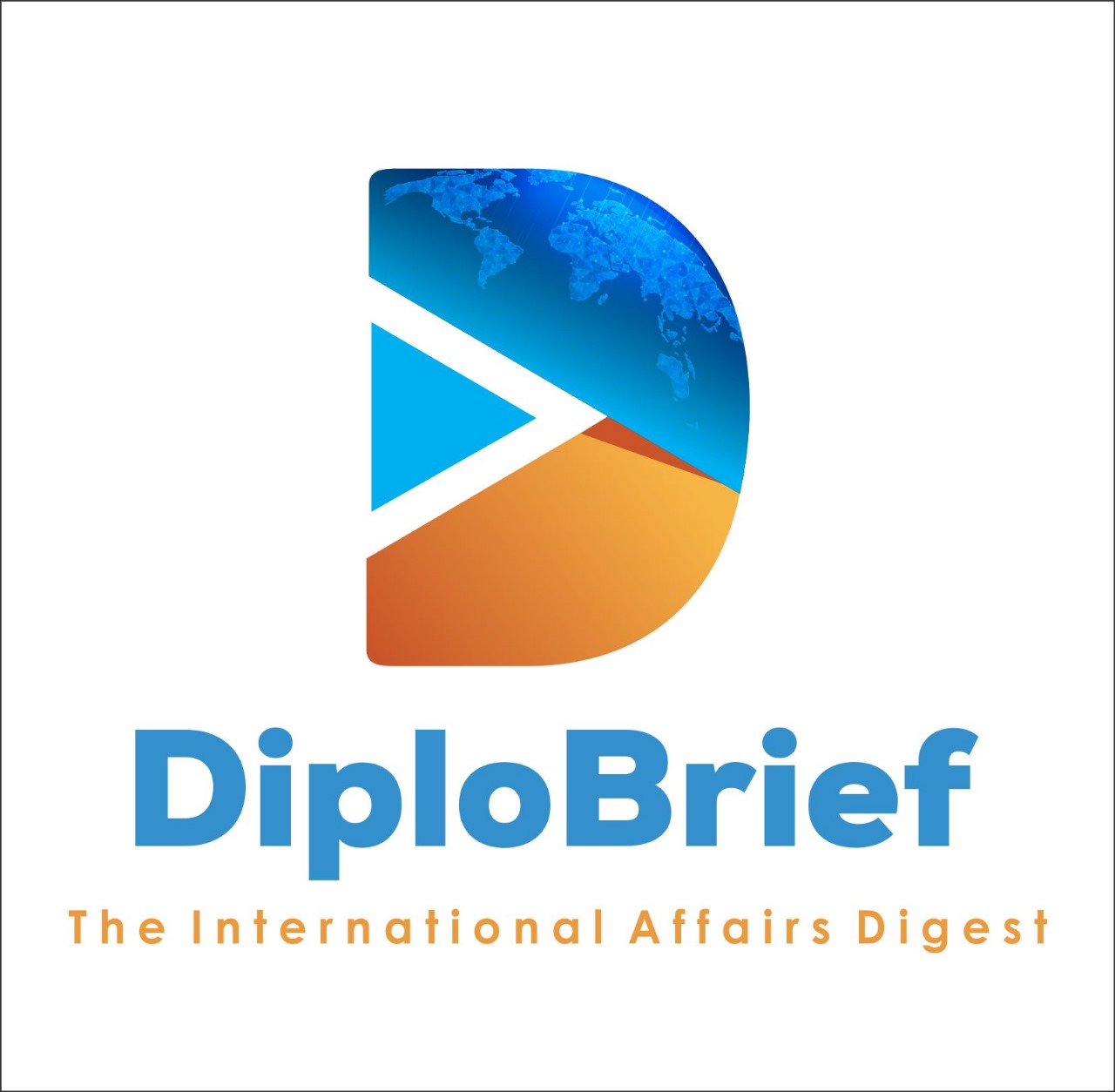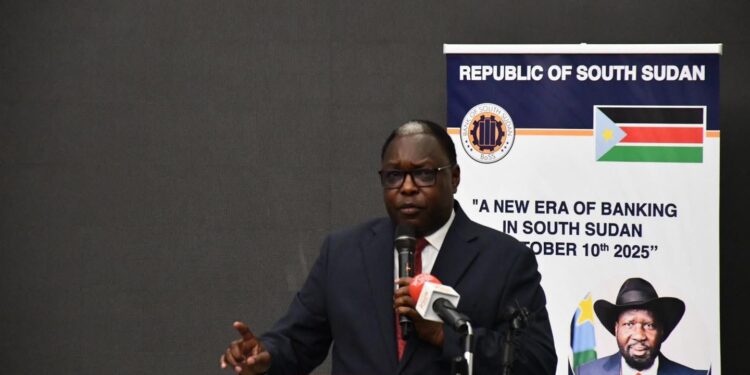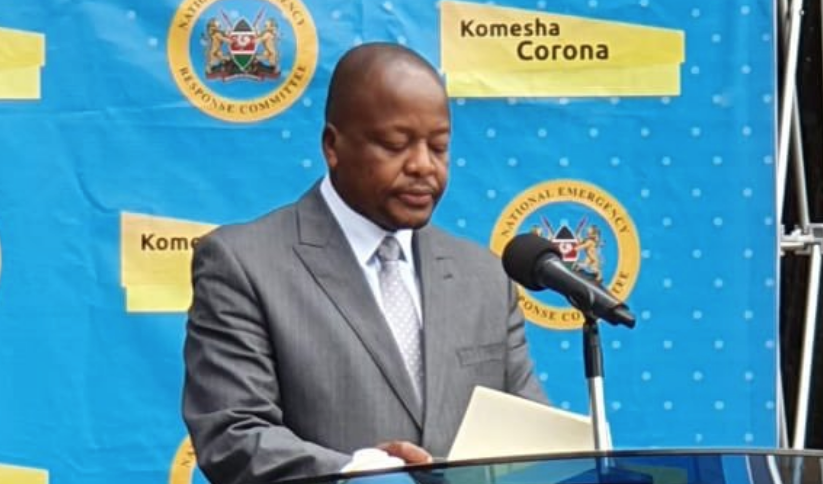The South Sudan’s government has ordered international organizations and NGOs operating in the country to keep their funds in local banks, warning that the era of routing money through neighboring Kenya or Uganda is over.
Cabinet Affairs Minister Martin Elia Lomuro called out international organizations and non-governmental groups operating in South Sudan for banking in Kenya or Uganda, demanding they keep their funds in the country’s banks.
Lomuro said the directive is part of South Sudan’s broader effort to curb illicit capital flight and strengthen the country’s financial sovereignty. The order came as Juba launched a real-time national payments and settlement system, aimed at bringing transparency to financial flows and modernizing the banking sector.
“From today, we expect all organizations and institutions operating in South Sudan to maintain their accounts within our banking system,” Lomuro said in Juba. “The end for abusing the sovereignty of the Republic of South Sudan must begin now, with immediate measures taken.”
The directive effectively bars aid agencies and businesses from holding project funds or operational accounts in foreign banks — a practice South Sudanese officials say has drained liquidity from the country’s fragile economy and masked large-scale money movements.
The 2025 International Narcotics Control Strategy Report by the US Department of State named NGOs among facilitators of illicit flow of cash.
The report also listed casinos (including internet casinos), lawyers and estate agents, dealers in precious metals and stones and accountants as other enablers.
Nairobi has for years served as the financial and administrative hub for humanitarian operations in the Horn of Africa due to its stability and financial security.
However, recent reports have flagged Kenya for being the hub for laundering South Sudan’s wealth.
For instance, a recent report by the UN Panel of Experts detailed how South Sudan’s wealth , which includes gold, oil, timber, and charcoal is being laundered in Kenya and rerouted to global markets.
“The vast majority of the gold that is mined and traded in this way [directly from miners] is then smuggled across the border to Kenya and Uganda, where many traders sell it for dollars with which they purchase goods to re-sell back to South Sudan. Gold thus also works as an alternative form of foreign currency in a context where the South Sudanese Pound is not widely accepted in the region and foreign currency is scarce,” the UN Expert Report said in July.
The experts added that it is likely that significant quantities of South Sudanese gold are reclassified as being from Uganda or Kenya, and that charcoal is smuggled to Kenya and Uganda, where prices can be higher.
“Documents dated January 2025 viewed by the Panel contain details of charcoal being exported to Uganda by trucks via the Kaya border crossing, with each truck loaded with 300 bags,” it said.
The report added oil revenues generated from the sales are deposited in the Government’s account with the Federal Reserve Bank in New York, from which funds are transferred to various correspondent banks in Kenya, Uganda and the United Arab Emirates.
“Larger payments are made directly from these accounts, while some cash is also shipped by air to Juba … In some cases, officials seek to circumvent these mechanisms by instructing buyers of oil to make payment directly to third parties,” the report added.
Minister Lomuro alluded to this, saying South Sudann is the only country where money is shipped out and brought in in planes
“From today, with this system, we expect the banks to be fully compliant. The end for abusing the sovereignty of the Republic of South Sudan must be ended and with immediate measures taken,” Lomuro told bankers and officials in Juba.
A previous report from the US State Department had pointed at lawyers, real estate agents and notaries as conduits of dirty money into the country.
Kenya was in 2024 put under the grey list by the Financial Action Task Force for failing to have strong safeguards against money laundering.
The EU has also included Kenya among the money laundering high-risk states.
The EU Commission in a statement on June 10 listed Kenya alongside Algeria, Angola, Côte d’Ivoire, Namibia, Laos, Lebanon, Monaco, Nepal and Venezuela to the list of high-risk third countries which have deficiencies in deficiencies in their anti-money laundering and countering the financing of terrorism.
Investigations by The Sentry, a U.S.-based watchdog, have also detailed how millions of dollars looted from public coffers in Juba have flowed into Kenyan financial institutions and properties. The reports describe how high-ranking officials and military figures established shell companies and proxy accounts in Nairobi to move funds abroad, often under the cover of legitimate business.














